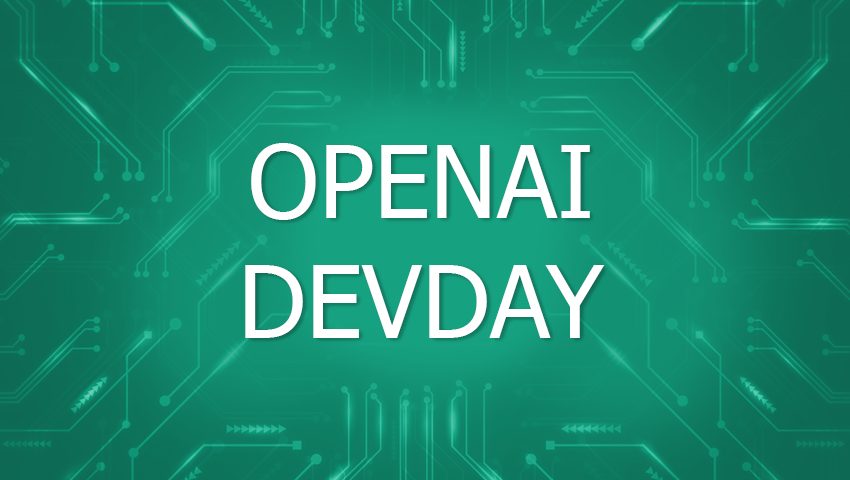

OpenAI held its first DevDay where many amazing new features were announced.
The OpenAI DevDay conference was hosted by Sam Altman, the company’s CEO. He highlighted that ChatGPT has become one of the fastest-growing consumer products, reaching 100 million monthly users just a few months after launch. Currently, over 100 million people use ChatGPT every week. And more than 2 million developers use OpenAI’s ChatGPT and Whisper APIs to create solutions.
In case you missed the event, here’s a recap of OpenAI’s key announcements.
GPT-4 Turbo launched
Users will soon have access to a new model, the GPT-4 Turbo. This model provides a 128K context window, is inexpensive, and contains over 300 pages of text in a single prompt. GPT-4 Turbo includes knowledge of world events until April 2023. Input and output token prices have been reduced by 3x and 2x respectively compared to GPT-4.
Assistant API
Developers can now create specialized AI assistants that can implement specific instructions, leverage additional knowledge from the user base, and call models and tools (such as Python code interpreters) to perform tasks.
In fact, this is an opportunity to personalize OpenAI models to suit your tasks and knowledge base.
Multi-mode functionality of the API
GPT-4 Turbo allows you to send images as well as text via API and generate prompts for them. It is also possible to generate images using API requests and convert text into human-like speech using the speech synthesis API.
Reproducible model calls
API calls now have a seed parameter, a beta function that allows you to get reproducible results. This is useful for reproducing debugging requests, writing more diverse unit tests, and generally monitoring model behavior.
log odds
In the coming weeks, OpenAI plans to release a feature in GPT-4 Turbo and GPT-3.5 Turbo that returns the log probability of each next token. This is useful for developing features such as auto-completion in search engines and for detecting model hallucinations.
More tokens per minute
The token per minute limit for paid GPT-4 users has been doubled. New limits may be available depending on your usage tier.
custom model
A new program is available for organizations that require more customization than the typical model setup. This program allows you to collaborate with OpenAI researchers to create custom GPT-4 models for specific domains.


